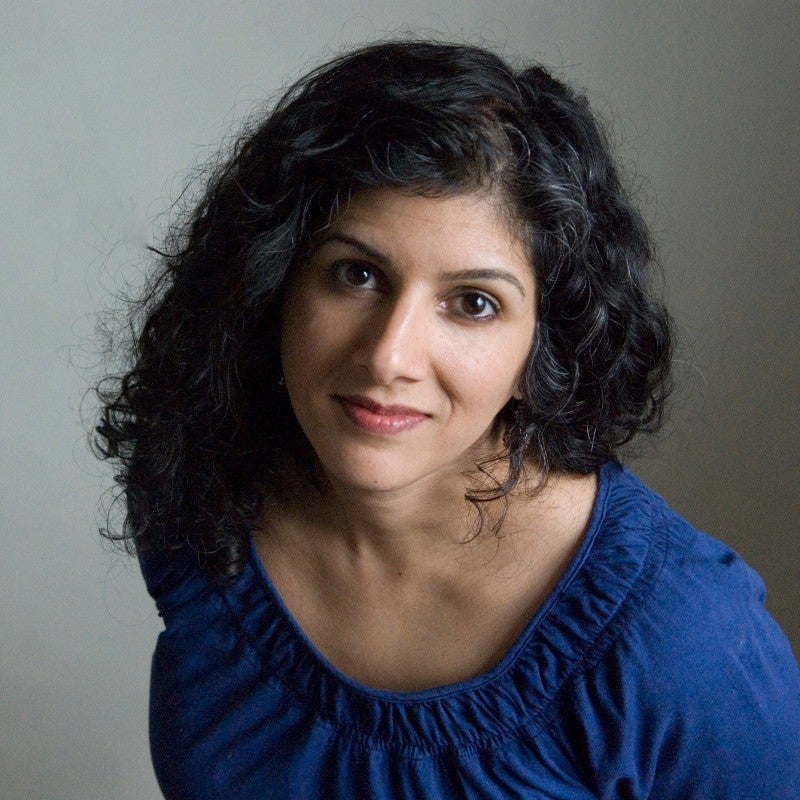Maliha Safri is Professor of economics at Drew University. She earned her PhD in economics from the University of Massachusetts in Amherst. Her academic research has focused on collective economic practices (including worker, food, and housing cooperatives, amidst other organizational forms). Migrant workers, along with majority Black and Latinx communities, are anchoring many of these practices, as she has been documenting. By teaching popular education seminars and courses with activists since 2000, and specifically with migrant workers at a variety of worker centers in the process of forming collectives, Maliha’s research became informed by the concrete and serious issues faced by participants in what some movement activists started to call solidarity economies, which are economies prioritizing
cooperation and inclusion. How do these collective economic forms work in local economies, and how do they work for their participants, more importantly? She has published articles encircling this question in Signs, Antipode, Environmental Policy and Governance, the Economist & Voice, Organization, among other journals and edited book collections. She also has a forthcoming co-authored manuscript entitled Solidarity Cities: Confronting Racial Capitalism and Mapping Transformation. This book examines economies based in solidarity in the small, medium, and large cities of Worcester, MA, Philadelphia, and New York City. The project shows how solidarity economies are fulfilling crucial needs in food, housing, and fair finance, and contesting harmful economic forces including exploitation, gentrification, and predation.
Additionally, Maliha is a co-editor of the Diverse Economies and Livable Worlds book series at the University of Minnesota Press, and a member of various collective organizations herself including the Community Economies Collective, and the Association for Social and Economic Analysis. She also co-directs a NYC semester program based at the United Nations and hosted by Drew University on the social impact of nonprofits and social businesses like cooperatives.
2023 Speaker List
